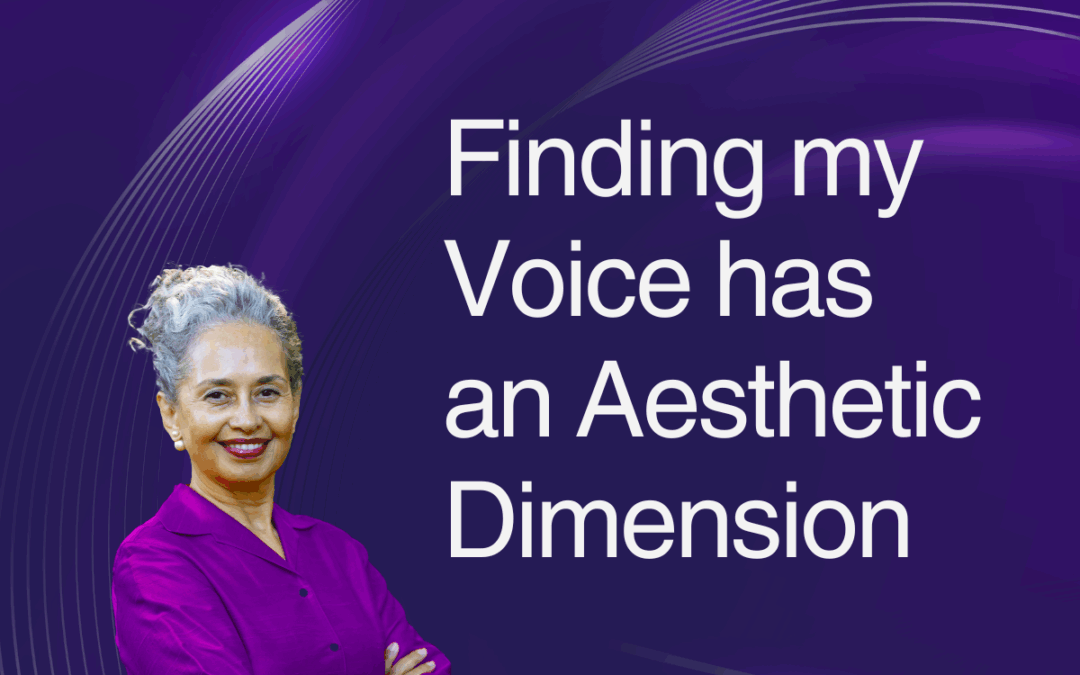There are a lot of people telling me what to think and how to do it better.
AI has enabled an army of self-proclaimed experts to flood my inbox and social media feed with newfangled theories, inane recipes for success, and pseudoscientific “evidence”. The noise is relentless. Everyone seems to have a truth to sell.
Nevertheless, as technology crowds my mental space with junk, it’s also given me something unexpected: reach, connection, and the courage to explore my own voice. Despite the ingrained lessons from childhood that taught me to stay quiet, I’ve started to speak.
For too long, I relied on the authority of others — especially professional scholars and management-consultant-speak — to sanction what I could say publicly. I deferred to credentials, frameworks, and peer-reviewed certainty. Even now, I catch myself clinging to them like a lifeline — but really, they’re a noose.
Without consciously planning it, I’ve spent the past twenty years on a different path: self-directed scholarship. Guided by curiosity rather than curriculum, I’ve followed ideas where they wanted to lead.
Bit by bit, I’ve found myself weaving together different bodies of knowledge — leadership studies, science, quantum physics, psychology, philosophy — into my own reflections and understandings. These reflections now shape the way I support my clients: helping them make sense of their challenges, imagine new possibilities, and realise their potential.
The journey meanders. Neuroscience offers mind-bending, wondrous insights into how the brain works. Social sciences like psychology and evolutionary anthropology help me understand leadership, followership, and the complexity of human behaviour. And alongside them, poets, philosophers, and mystics illuminate old myths that carry truths that have endured across millennia.
What surprises me most is the experience of beauty that sometimes arises in the learning itself. There’s something moving, even poetic, in uncovering truth in unexpected places.
I like how Richard Rohr defines truth: if it is true, it is true for all people, everywhere, at all times. I try to remember that as I navigate life’s contradictions and unpredictability.
Here’s the paradox I’ve come to hold: if I lean too far into formal scholarship, I risk being abstract and losing my voice. If I lean too far into personal opinion, I become untethered, just another clanging voice, rooted in nothing but my own invention. Real wisdom asks something else of me. It invites me to hold the tension between opposites: rigour and intuition, knowledge and wonder, logic and myth. And then to appreciate the unexpected elegance and simplicity.
Through self-directed scholarship, I’ve found that discovering my voice is an aesthetic process — a creative endeavour shaped by the friction between intellectual pursuit, paradox, and authenticity.

